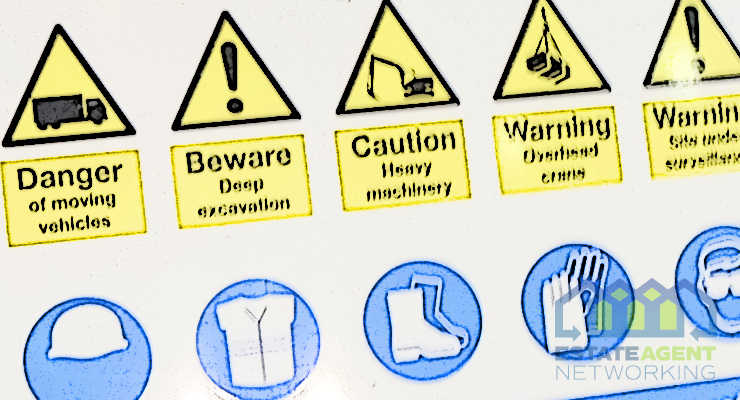Ultimate Guide To Choosing The Right Electric Cord 2023
Electronics use rechargeable batteries, like smartphones and laptops, or direct connection to an AC outlet, like TV sets and Refrigerators. All these devices require power cords to draw electricity from the grid. But they wear off with usage, and you must replace the cables at some point. The problem is determining the best power cable to buy for your computer.
This post is a guide to help you find a viable extension cord or wire for your gadget. You will understand the difference in standards, usage applications, and safety regulations to remember. Also, your device will determine the type of cord you require. Read this guide to choose electric wires for your device in 2023.
1. Determine the Intended Usage
An electric cord for the washing machine will not work on a laptop adapter. Some power cables may look similar with the same design plugs and ports, but their construction and power handling capability differ. You must first identify the equipment you will connect the cable to avoid electric hazards. For instance, a PC power cable may resemble the one used for power amps.
Also, do not force a power cord with a slight port mismatch. It may seem well connected, but the system will not work. The difference will be the amount of current each device uses. If one electronic requires 20 amps, never attempt to connect it with a cable of 12 amps. That will cause more resistance, resulting in heating up and fire incidents. Also, lower-rated electric wires can damage the device.
Do you need an electric cord for indoor only or one fit for outdoor use? Outdoor electric cables have to meet more stringent safety criteria. They should have rubber or polyvinyl chloride (PVC) jackets to prevent moisture ingress and withstand extreme weather. Also, the power supply cord should comply with industry guidelines, rated for wet conditions.
2. Required Cable Size
The wire thickness determines how much power it can handle. Therefore, the size matters when selecting a power cable for your device. The AWG (American Wire Gauge) code determines the size of the wire. A lower number means your wire can sustain more current. For instance, if you find out that your device requires 15 amps, select a cable with 12 or 14 AWG. A 20 AWG wire would not be able to handle the current.
The length of the wire determines how far you can use the electronics from the outlet. Stationary appliances, like fridges, washing machines, and TVs, do not need extra-long cables. Mobile devices, like laptops, require an extension cord to reach far-away outlets. The cable length must be enough to pass behind furniture and around obstacles but short enough for you to manage. Give yourself a few inches of extra length when seated at the furthest position.
3. Plug and Socket Type
The power outlets in many homes use American (or EU, African, and international) standards. The electric cords must have compatible plugs to fit into the outlet. For instance, a power cable for a US outlet should have two parallel flat blades with a round grounding pin. Also, the power cord should fit into the device socket without forcing it.
Check the appliance user manual to ensure the plug and socket types match. Some electrical equipment may require three prongs with an extra grounding contact for safety reasons. Did you import your electronics? It may be using different standards. That may force you to buy a cable with an international plug.
4. Safety Certifications & Regulations
This point marks the beginning of problems in electronics and accessories. Ensure the power cord meets safety guidelines before purchasing. Look for standard labels, such as CE, UL, and RoHS. Also, check if the vendor is a certified electrical supplier to guarantee quality.
Your device manufacturer’s guidelines would also improve your experience. For instance, Apple devices require MFi (Made for iPod/iPhone/iPad) certified cords to charge adequately. That means the cable meets general standards, fully supports the device, and has passed numerous tests.
5. Costs
How much are you willing to surrender for electric cords? The cost of the cables depends on their features. The AWG size, plug type, length, and safety certifications affect the price. For instance, counterfeit cables may cost lower, but they lack several features and standards. That could damage your electronics or fail sooner than you thought.
Always prioritize quality over price to avoid power supply issues or electric fire incidents. Moreover, research the market to know current prices and find the best deal. You may receive discounts if you buy in bulk, find coupon codes, or join loyalty programs.
Summing Up
Electronics are now part of our lifestyles. As such, their power cables should be top-notch to keep them running without incidents. Assess your device specs, cable size, plug type, safety certifications, and cost to make an informed decision. Quality matters over prices. Invest in reputable brands and certified suppliers for a safe and efficient experience.









